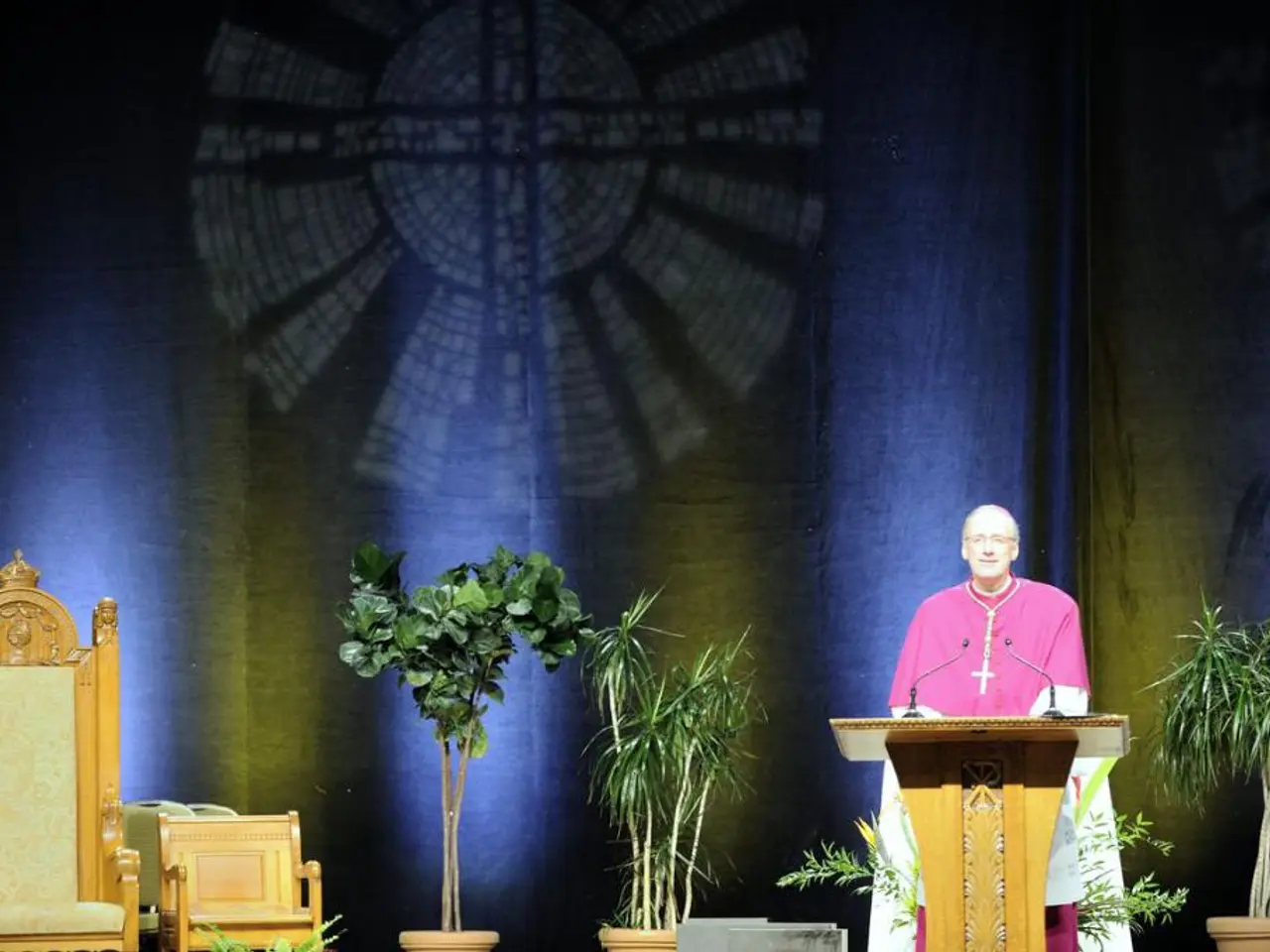Bosnian Political Dilemma Post-Dodik Verdict: Anticipating the Aftermath
Following the final verdict by the Court of Appeals of Bosnia-Herzegovina, Milorad Dodik, the former President of Republika Srpska (RS), has been barred from holding any public office for a period of six years and sentenced to one year in prison. However, enforcing his removal and asserting the authority of Bosnian institutions is proving to be a complex task.
The Central Election Commission (CEC) of Bosnia and Herzegovina is responsible for terminating Dodik’s mandate as President of RS. Although Dodik is no longer eligible to serve due to his conviction and political ban, the timing for this decision remains uncertain. The delay in enforcing the verdict highlights an institutional challenge in promptly implementing court rulings against a powerful political figure.
Dodik, who rejects the legitimacy of the Court of Bosnia and Herzegovina, has denounced the verdict as politically motivated. His defiant stance presents a direct challenge to Bosnian institutions’ authority and the rule of law, potentially encouraging resistance or non-compliance within RS’s local structures.
Dodik also has legal avenues to delay incarceration, such as requesting postponements based on health reasons or family care obligations. The risk of non-enforcement raises concerns about new potential criminal proceedings if Dodik disobeys the court’s ruling.
International actors, including the European Union, have called for respect of the court’s independence and the verdict to be upheld. The complex political system established by the Dayton Agreement, with significant autonomy to entities like RS, makes unified enforcement challenging.
In November, the Bosnian election commission plans to schedule new elections for the presidential post of RS to fill the vacancy left by Dodik’s removal. Achieving enforcement of the conviction and transition of power will require overcoming these legal, political, and institutional obstacles while maintaining domestic and international legitimacy.
[1] "Bosnian Serb leader Dodik's removal from office delayed by election commission", Balkan Insight, August 2025. [2] "Milorad Dodik's conviction: A challenge to Bosnian institutions' authority", European Stability Initiative, August 2025. [3] "The Dayton Agreement and its challenges in enforcing court rulings", European Journal of Political Research, August 2025.
- The Bosnian election commission, responsible for terminating Milorad Dodik's mandate, has yet to schedule the elections to fill the vacancy left by his removal, contributing to a delay in enforcing his political ban and potential incarceration.
- The complexities in implementing the Court of Bosnia and Herzegovina's ruling against Milorad Dodik, including potential avenues for delay and his defiance towards the judiciary, have brought into question the effectiveness of the rule of law and the authority of Bosnian institutions within the RS entity, a challenge highlighted by various sources such as Balkan Insight, European Stability Initiative, and the European Journal of Political Research.





